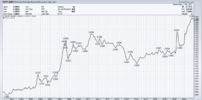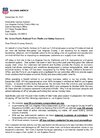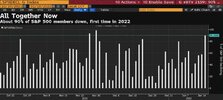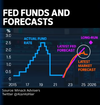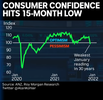over9k
So I didn't tell my wife, but I...
- Joined
- 12 June 2020
- Posts
- 5,524
- Reactions
- 8,091
bingofrom previous experience , wages ( rises ) lag inflation
one reason is you need the CPI rises to justify asking for the wage increase , so that makes wages at least six months behind
and most governments find it ' politically necessary ' to to fiddle with the CPI ( allegedly to reduce public panic . and voter alienation )
BUT if the masses have less disposable income .... what do they buy , and what do they resist buying ( at previous rates )


